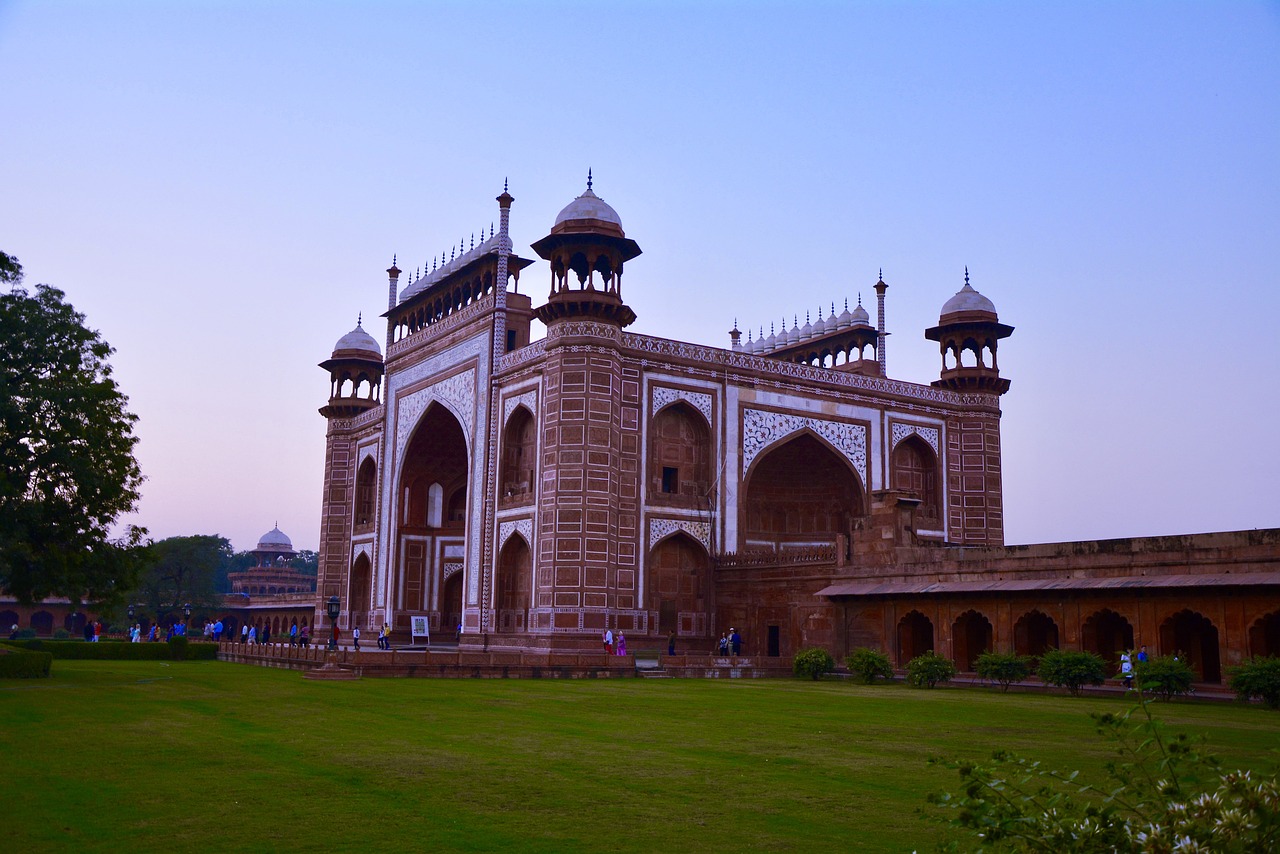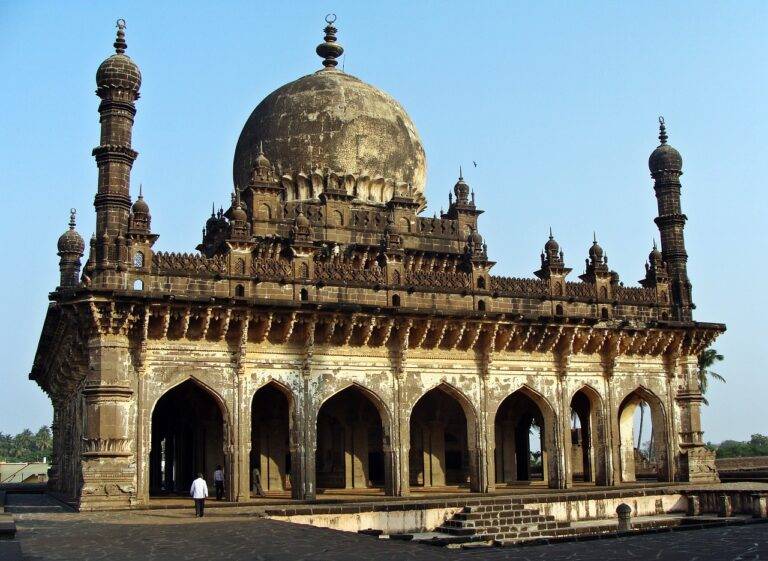Women in Politics: Breaking Barriers and Building Influence
Women in the political arena often encounter barriers that hinder their participation and success. One common challenge is gender bias, where women are often undervalued and underestimated compared to their male counterparts. This bias can manifest in varied forms such as stereotyping, discriminatory practices, and limited opportunities for women to advance in politics.
Moreover, women face challenges in terms of balancing their political careers with familial responsibilities. The notion of a traditional gender role frequently places additional pressure on women politicians to excel in their professional roles while also fulfilling duties as caregivers and homemakers. This juggling act can be emotionally and physically exhausting for women, making it a significant obstacle in their political journey.
Historical milestones in women’s political representation
Women’s entry into the political arena has been marked by significant milestones throughout history. One such milestone occurred in 1893 when New Zealand became the first country to grant women the right to vote. This groundbreaking moment set a precedent for women’s political participation worldwide, paving the way for future advancements in women’s representation in governance.
Another key milestone was the election of Jeannette Rankin in 1916, making her the first woman to serve in the United States Congress. Rankin’s historic achievement demonstrated that women were capable of holding positions of power and influence in government, challenging traditional gender norms and inspiring future generations of women to pursue careers in politics. These milestones mark important progress towards gender equality in the political sphere, but significant challenges and barriers still exist for women seeking to enter and succeed in politics.
What are some of the challenges faced by women in the political arena?
Women have historically faced barriers such as lack of access to education, restrictive gender roles, discrimination, and lack of support from political parties.
What are some historical milestones in women’s political representation?
Some key milestones include the right to vote for women in various countries, the first female elected officials, the passage of legislation promoting gender equality, and the rise of women in leadership positions.
How have women overcome challenges in the political arena?
Women have overcome challenges through grassroots organizing, advocacy for policy changes, networking with other women in politics, and breaking traditional gender roles to pursue political ambitions.
Why is it important to increase women’s representation in politics?
Increasing women’s representation in politics is important for ensuring diverse perspectives, promoting gender equality, addressing issues that affect women, and achieving more inclusive and effective governance.





